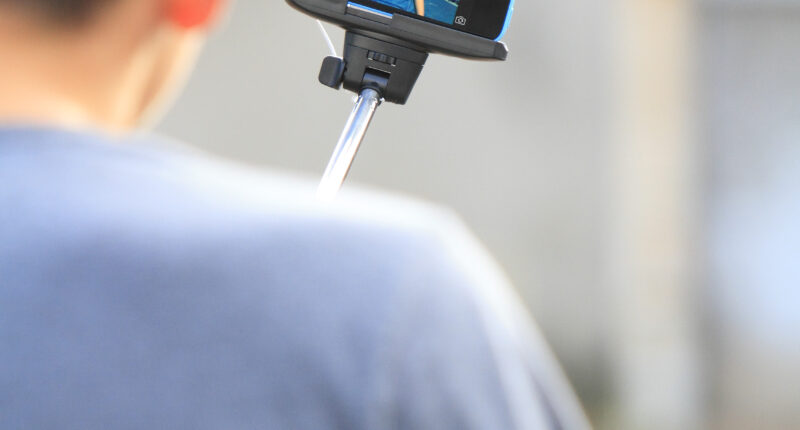EVERYONE is live streaming these days thanks to fast 5G and smartphones.
Whether you’re using Facebook Live or TikTok, you ought to be mindful of the law – you can’t just film in any old spot.
What are the laws around live streaming?
Firstly, it’s illegal to live stream sporting events like football or even a television show.
That’s because of copyright laws.
But even something seemingly innocent like your day-to-day life can have cause issues.
By that we mean location.
Sure, filming in most public places should be OK – but there are some important caveats.
You can’t just film around a school for example.
And you have to be really careful around courts – there are strict laws about where you can record anything there.
Pros usually obtain a permit to be on the safe side.
If you’re unsure, it’s best to find out who’s responsible for the area you wish to film around and get written consent.
Is it illegal to live stream in public?
No, it’s not illegal to live stream in public – but it really depends where you wish to shoot.
If you’re in a public place, like a park, path, or bus, a member of the public would not have a reasonable expectation of privacy.
Someone can take their picture, record or stream video of their activities and movements in public, and they would not have much of legal leg to stand on – unless you were trespassing.
If they go beyond recording to harassing or stalking you, the UK has anti-stalking laws to ensure citizens feel safe and secure.
Attendees at a concert, sports game or conference also fall into this “public” category.
If you have been caught in a picture or video while out in public, there isn’t much you can do about it.
However, there are two exceptions: commercial use and criminal peeping.
This means that people cannot use the picture or video they capture of you without your knowledge for commercial purposes.
Anyone featured in commercial or promotional content must sign a release, or the company could be liable for “appropriation,” or violating that person’s right of publicity – basically they have a right to say whether they want to be associated with your product or not.
The most commonly used term for this type of voyeurism is “upskirting”. Upskirting is now a criminal offence.
Photographing or recording someone in a private place is generally illegal, so streaming video of them on social media would violate their right to privacy.









